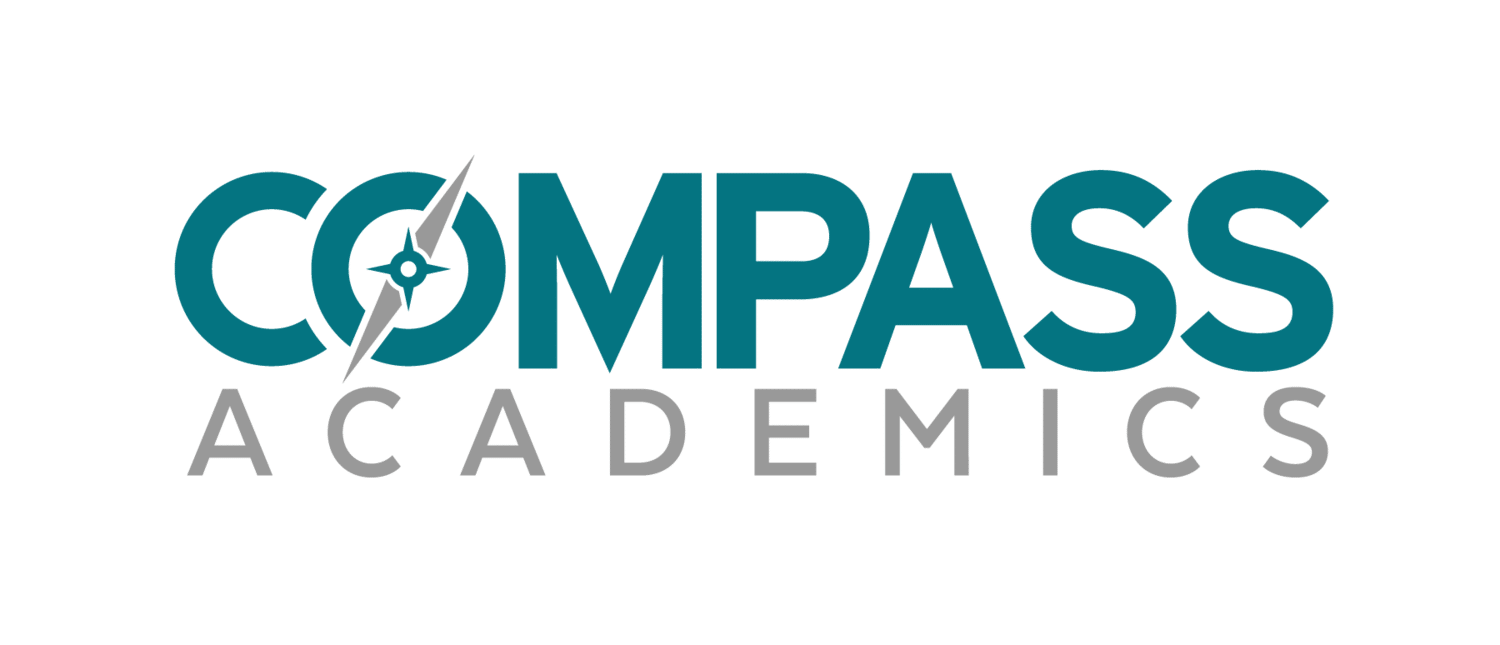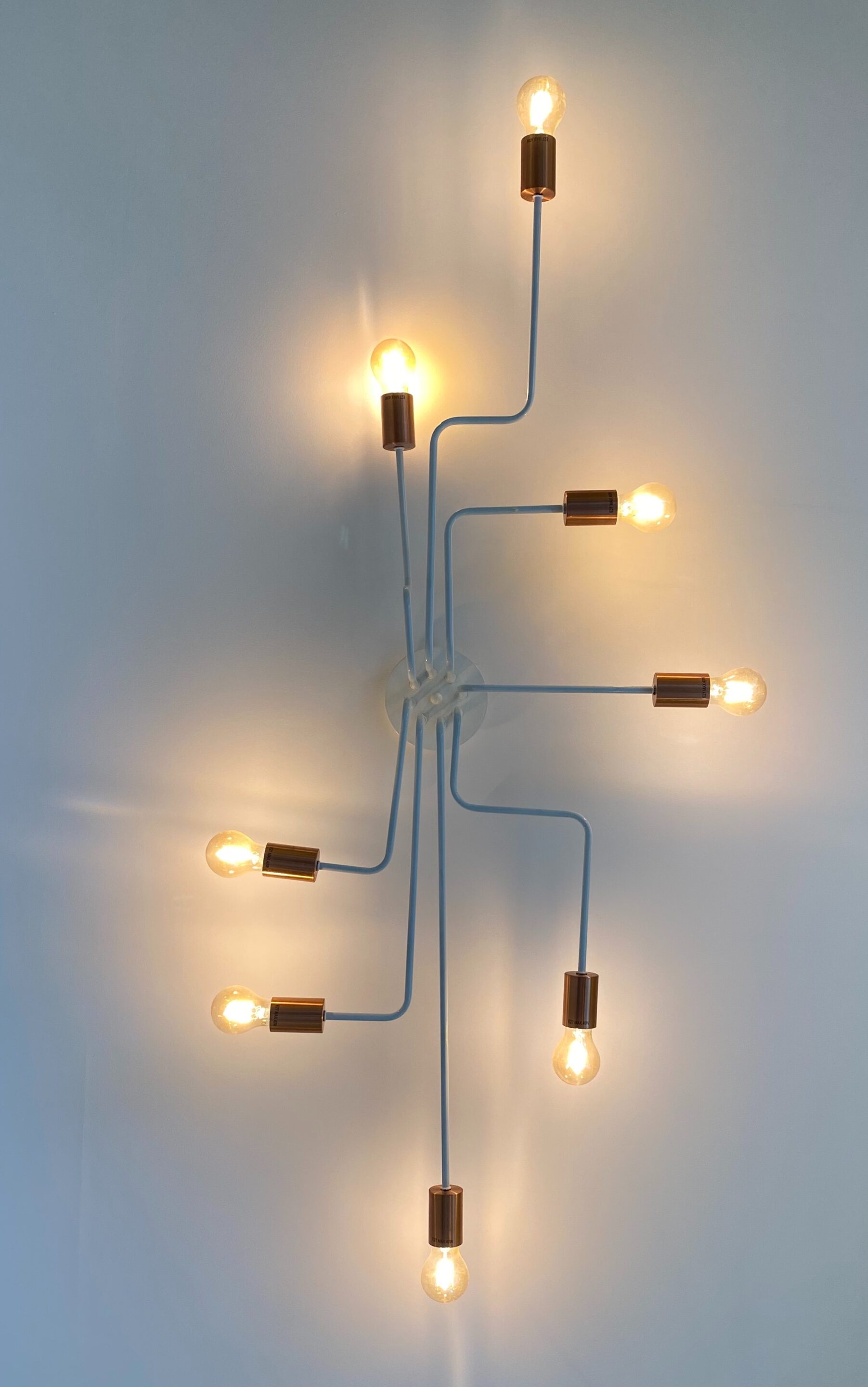The term “neurodivergence” has entered the vocabulary of the general public — and for good reason. As Cleveland Clinic explains, the word is an umbrella term that “describes people whose brain differences affect how their brain works. That means they have different strengths and challenges from people whose brains don’t have those differences.”
As you might imagine, having differences that impact how the brain works is especially note-worthy in an educational setting. If traditional educational approaches are geared toward neurotypical brain function, those with neurodivergence may find those approaches ineffective and frustrating.
Thankfully, colleges and universities are recognizing the need to provide a range of learning experiences that address neurodivergent learners and their needs.
What is Neurodivergence?
Neurodivergence captures a wide range of conditions including autism spectrum disorder, ADHD, dyslexia, and dyscalculia.
The DCEG estimates that 15-20% of the population “exhibits some form of neurodivergence,” but the impact that a given condition has on an individual’s abilities varies greatly based on accommodations, environment, and the task at hand.
How Does Neurodivergence Impact College and University Students?
Neurodivergent students can thrive in college and university settings. In fact, many find the flexible schedules (which can allow for breaks between classes) and self-directed learning opportunities to be more manageable than earlier educational experiences.
For many students with neurodivergence, however, college and university demands can present challenges. Time management, establishing routines, and managing deadlines without oversight are some of the common struggles.
Luckily, there are many things students can do to successfully navigate their neurodivergent needs with the demands of college and university classes.
As U.S. News reports, there are proven strategies that can provide neurodivergent students a great start:
• Accommodations- Students should familiarize themselves with their school’s available accommodations and come in prepared with documentation to request the assistance they need to succeed.
• Writing and Tutoring Centers- Colleges and universities offer a range of services to all students that can be particularly useful for those with neurodivergence. Writing and tutoring centers provide one-on-one peer support with many assignments.
• Get Involved- Finding a community of fellow students with shared interests can help provide a support system and more structure to the daily schedule.
Finding Neurodivergent-Friendly Colleges and Universities
While the above tips can be useful in any college or university setting, there are institutions that are working to specifically adopt practices and policies for neurodivergent learners. Compass Academics helps students build custom college lists of schools with intentional and specific programming to help with academic and social success.
As the Neurodiversity Network reports, several schools have campus initiatives aimed at providing training for faculty and staff and support for neurodivergent learners.
Neurodivergence may offer some hurdles to college success, but neurodivergence also brings unique strengths and perspectives. Students who are able to find a supportive environment with the accommodations they need to do their best work will be set up for success!




0 Comments